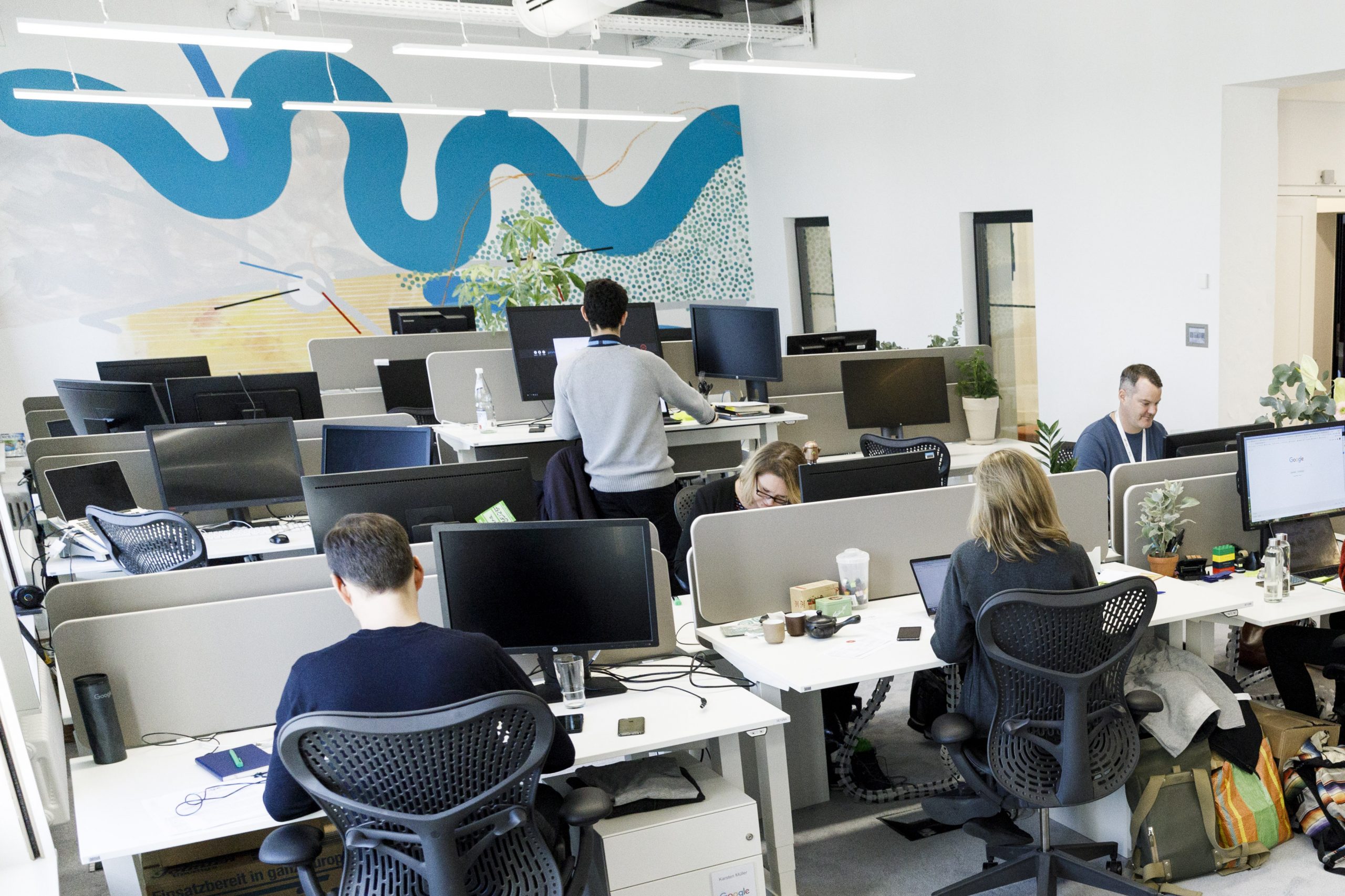Sometimes, employees feel dissatisfied in their workplace and it can affect their productivity, as well as their mental and physical health. A new study looks at a previously ignored factor that has a significant effect on employees’ mental health.
The study, published in the Journal of Research in Personality, found that office space designs have a bearing on workers’ career satisfaction and performance.
Researchers analyzed the relationship between personality type and workspace preference. They were trying to find out if employee personality differences shaped office designs. Workstation types include private offices, cubicles and open-plan offices.
As part of the study, 270 office workers were made to wear health-tracking devices and they had to answer questionnaires about how they felt about their workplace.
It is better to create different kinds of office spaces than “build one-size-fits-all office spaces that don’t fit anyone really well,” said study co-author Ester Sternberg, research director for the University of Arizona’s Andrew Weil Center for Integrative Medicine and director of the university’s Institute on Place, Wellbeing & Performance, Inverse reported.
While it is common knowledge that people possess different personalities, this facet is not considered while designing inclusive workspaces, wrote study author Matthias Mehl, a psychology professor at the University of Arizona.
“The take-home message here is to provide lots of choices, and individualized spaces, so that individuals can choose what works best for them,” Sternberg explained.
The team found that extroverted people were happier and more focused in offices with open seating designs. On the flip side, introverted people and people who worry more liked private offices. Other traits, like agreeableness, conscientiousness and openness did not have much impact on the type of office spaces the participants preferred.
However, Mehl believes this pattern should not be stereotyped. Meaning, an extrovert may sometimes want to isolate oneself socially, and a calm person may need quiet space to concentrate.
“Ultimately, I think, it’s to a large extent about providing a range of workspace options and degrees of freedom,” Mehl explained.
The study was part of a larger research project called Wellbuilt for Wellbeing, which was funded by the United States General Services Administration (GSA). The objective of the project was to find features of office spaces that support both the physical and emotional health of workers.
The Wellbuilt for Wellbeing study also found ways in which offices can be shaped to boost mental health. For instance, a sound level of 50 decibels at work is optimum for reducing stress. Furthermore, bright full-spectrum sunlight from 8 a.m. to 12 p.m. and redder light in the afternoon and evening were conducive to a better work environment, it showed.
















